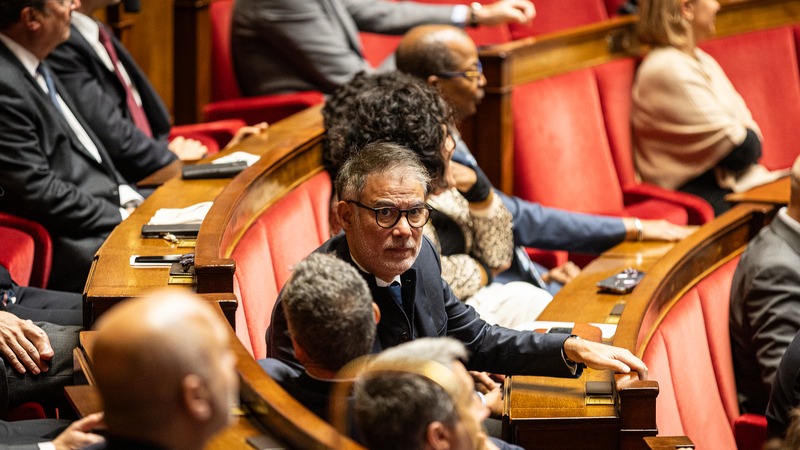With budget talks heating up in Paris, France’s Socialist party has flexed its parliamentary muscle, threatening to bring down Prime Minister Sebastien Lecornu’s minority government as early as Monday.
Socialist party leader Olivier Faure told BFM TV on Friday that “it’s all over” if the government doesn’t force billionaires to pay more tax. His demand? An extra €15–20 billion in revenue to ease pressure on retirees, young workers and families.
Faure argues the current plan—and its planned pension rollback—burdens working- and middle-class households unfairly while letting the wealthiest off the hook. “We cannot ask these segments of the population to continue making sacrifices,” he said.
The stakes are high: France, the euro zone’s second-largest economy, is already under pressure. October saw business activity slide faster than expected, and just last week S&P Global handed France a surprise credit downgrade. Now Moody’s is set to weigh in later in the day.
Caught between fiscal discipline and social fairness, Lecornu must find more than €30 billion in cuts to hit a 4.7% deficit target for 2026. A formal vote on income measures is scheduled for November 4 in the National Assembly before the move to the Senate.
For global citizens tracking Europe’s economic pulse, this showdown is more than French politics—it’s a test of how democracies balance growth, fairness and fiscal discipline in uncertain times.
Reference(s):
France's Socialists threaten to oust government amid budget talks
cgtn.com



